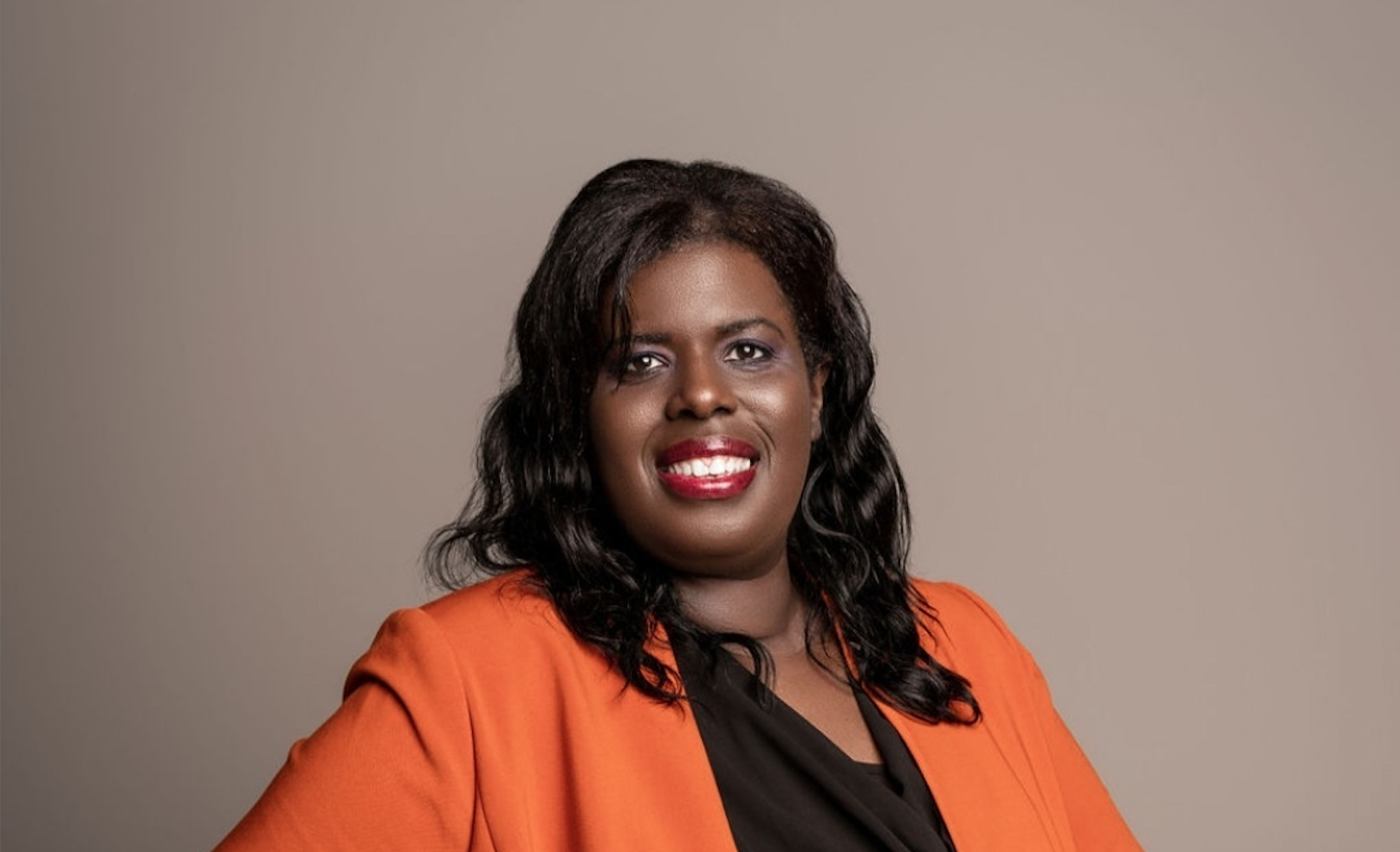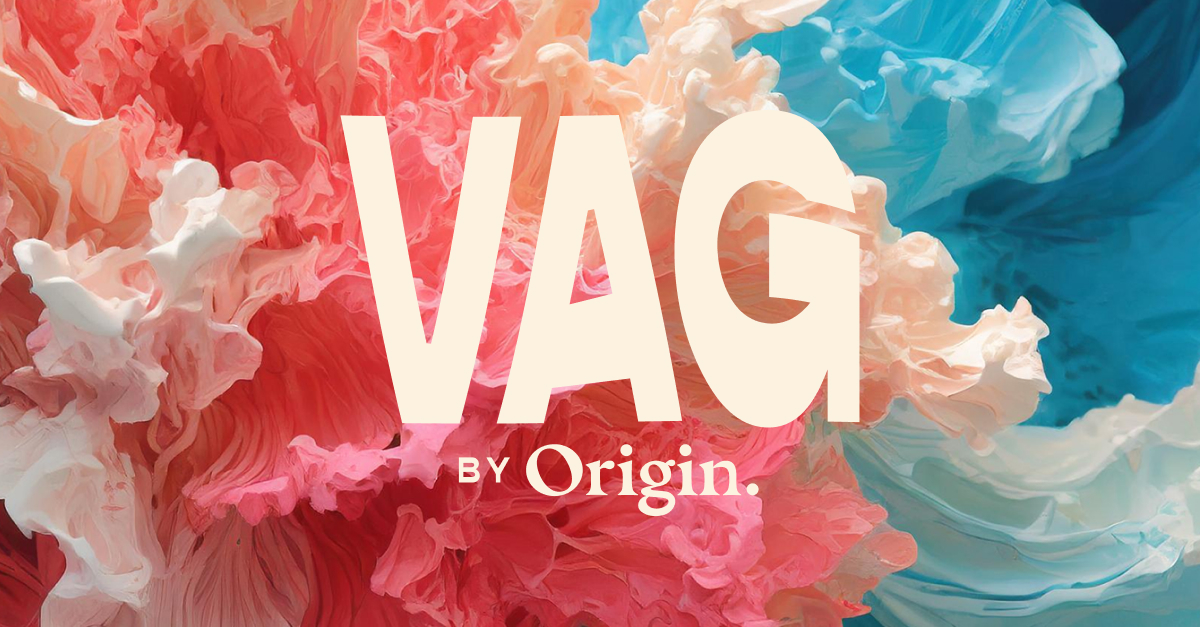
From debut novelist Ariane Torres comes a story about feminism, intergenerational bonds, women’s resilience and the complex history of female strength in ‘We Are The Kings’ (Bold Story Press, March 1, 2022).
Both a family history and an exploration of the complications of women attempting to tell their stories, which is a fitting release in time for Women’s History Month, ‘We are the Kings’ follows the book’s anchor, Marcella, as she grieves the death of her grandmother, unearths family secrets, and refuses to settle for a predictable life or a boring man.
A tribute to family history, ‘We are the Kings’ shows the difference in women’s struggles across two generations of women. While Marcella is sifting through her family’s conflicting and fading memories, she puts into words what no one else will say out loud, revealing not only what may or may not have happened, but what is truly at stake when a woman tells her story. The strength and resilience of women shines in this author’s debut novel. With themes of feminism, domestic space, and women’s invisibility, this story delivers headstrong, driven characters that carry readers through the bonds between women. It shows how women rely on each other through trauma, grief, joy, and the journey to find themselves from childhood to adulthood.
In the lead up to the book’s release, we wanted to share an interview with Ariane Torres as she dives deeper into the book’s themes, the inspiration from her own life, and the importance of stories that showcase women as the central heroes.

How did your own family history affect and inspire the writing of ‘We are the Kings’?
I was lucky enough to have 4 grandmothers–my mother’s mother, my father’s mother and stepmother, and my stepfather’s mother. And I had two amazing grandfathers. As a kid I found all of their stories and quirks and spaces really thrilling. I just loved being around them, and I learned a ton from all of them. As I grew up, particularly with my grandmothers, I saw the limitations that were imposed on them by sexism and ridiculous social conventions. I had always seen them as larger than life, and in many ways they were, but they were also victims of their circumstances. That juxtaposition–between being incredibly powerful in some ways, and truly powerless in others–was a big part of how I came up with the storyline for my book.
What aspects of women’s lives do you feel are invisible to the world, and why is it important that we acknowledge it?
I think in abusive, patriarchal systems, populations that are deemed less valuable to society are pushed to the margins. We don’t consider their interior lives, and we don’t think to preserve their experiences in our stories or museums or histories. This is true for non-white, female/LGBTQ, immigrant, and poor populations (to name a few), and it’s certainly true for people who are imprisoned. I believe that it is morally wrong to silence these populations, but my main issue with that silencing is that it robs us all of some of the most beautiful and brilliant personalities and stories.
I have a lot of regrets about not seeking out the thoughts and opinions and stories of my grandmothers more than I did. Because my grandfathers loomed so much larger, and they took up so much room, it was kind of just the way it was that my grandmothers’ experiences during something like WWII just weren’t as much a part of the conversation. And it wasn’t that my grandfathers were unkind. They were absolutely wonderful. It’s just the way it was. I think that’s partly what compelled me to write. I want my grandmothers’ stories–and any story that gets pushed to the margins– to take up more room.
You mention you’ve always been interested in women’s stories. What do you find interesting about how women’s stories are formed, told, and what isn’t said?
I just don’t think women have been given the space in our culture to be really free. I think that’s true for a lot of men as well, and for all sorts of people who don’t fit within specific gendered or societal conventions. But my book is really about women’s stories and what we feel safe talking about, not only to each other, but to ourselves. Particularly recently, there’s been a really amazing rethinking of feminism throughout the world, and I’m so excited about it. But I think we still have a ways to go.
There are things that are still really hard to disentangle–like women who uphold the patriarchy, for example, and women’s misogyny. I think it’s internalized abuse, or the playing out of hierarchies of power, and it’s understandable in a lot of ways. It’s also ugly and mean and awkward, and maybe people who like to write are drawn to that sort of stuff.
What sort of research went into preparing for this novel?
Honestly, there was very little direct research. The work I did in graduate school just became a part of who I am, and I think that’s why it’s so present in my book. And many characters are loosely based on women in my family or women that I’ve known throughout my life. But a lot of it just sort of came to me. Reading a lot of biographies probably helped too. For a while that was my favorite genre, though I generally like reading everything.
Can you explain your character’s realization of the complicated criminal justice system, and why you feel people should recognize this?
Marcella and her sisters all somehow find themselves considering aspects of the criminal justice system–and they all approach it from a pretty privileged place. They are white, educated, and financially secure, so they all had to seek out a connection to mass incarceration, whereas most people who are contained within the criminal justice system, were sought out by it. They didn’t have a choice about whether or not they’d like it to be a part of their lives, and studying it recreationally or for a living, would look very different for them. I think that’s something a lot of white people are reckoning with right now. Here’s this huge, intractable, evil thing that white people have been able to avoid, and yet it’s been here all along, right in front of us all, wreaking havoc on the people who have the least defenses against it.
Can you talk about the meaning behind the title, ‘We are the Kings’?
The title has to do with a realization Marcella has while working on her graduate thesis on Virginia Woolf. She comes to see that the lives of the men in her novels that are talked about with such adoration, are themselves not all that impressive. It’s that the women talk about them, therefore elevating them, making them appear heroic or brave even though they weren’t. Marcella is saying maybe it’s the women who are actually powerful given that they’re the ones reinforcing certain narratives. She’s arguing that Woolf was discreetly showing women readers that it is women who are the real heroes, the kings, the brave ones.
You can pre-order your copy of ‘We Are The Kings’, out March 1, 2022, by clicking HERE.

















